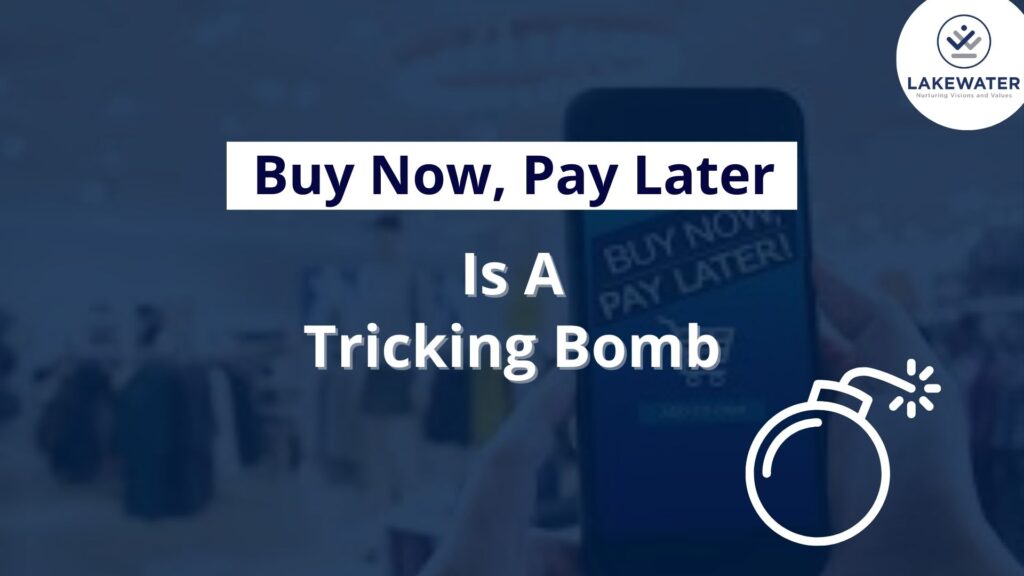Have you ever fallen into the ‘buy now, pay later’ trap?
If No, you may be on the way too!
Buy Now, Pay Later (#BNPL) is a type of short-term financing that allows consumers to make purchases and pay for them at a future date, often interest-free. Isn’t it looking attractive? But wait, all that glitters is not gold.
India’s consumer behavior has changed drastically after the pandemic. People have turned to online shopping for clothes, accessories, or even groceries. This has led to increased digital payments where the UPI facility acts as the butter over the bread. People are finding easy, tax-free, interest-free loans or cash. The idea of tricky short-term cash savings has led startups to expand the BNPL payment scheme in the Indian market.
According to the YouGov data, after Indonesia (27%) and Mexico (24%), consumers in India made the highest proportion of purchases using a BNPL plan (22%)
But what’s in it for you? You may find it attractive, get the product now and make #payments later, splitting it into parts and saving your current cash for a short time.
Well, that’s not actually what happens. When companies offer a BNPL scheme for purchase, things are much different. Here’s what happens when you opt for BNPL.
The BNPL partners attract you by zero-cost EMIs and hidden charges on the bill payments. The offer looks fantastic when you pay a small amount but buy expensive things thinking it’s affordable for you.
Let’s see how this happens:
The company claims 1/3 interest-free payment options. So here is the total amount of Rs. 95,798 to be paid. In the 2 and 3-month plans, an interest component is built, which is not seen apparently, but if you do the calculation, you will find out you are paying more.
Full payment – 95,798
2 month payment option: 49672*2 = 99,344. Rs. 3536 as additional interest.
3 month payment option: 33,601*3 = 1,00,803. Rs. 5,005 additional charge.
Whenever you choose any BNPL companies, they will create a LOAN Account on your behalf, and your activities, such as KYC, repayments, account opening, and loan amount, are reported to credit bureaus such as CIBIL, Experian, Equifax, and CRIF. And if you fail to pay the loan, you may have to face severe consequences; also, your credit rating score will fall.
Now you see how a plan that seems simple can be risky for you. Even though it is marketed as a consumer-friendly financial solution, it frequently encourages #consumers to buy more than they can afford. Customers who fail to pay on time may find themselves in a difficult financial situation, and their #creditratings may suffer.




